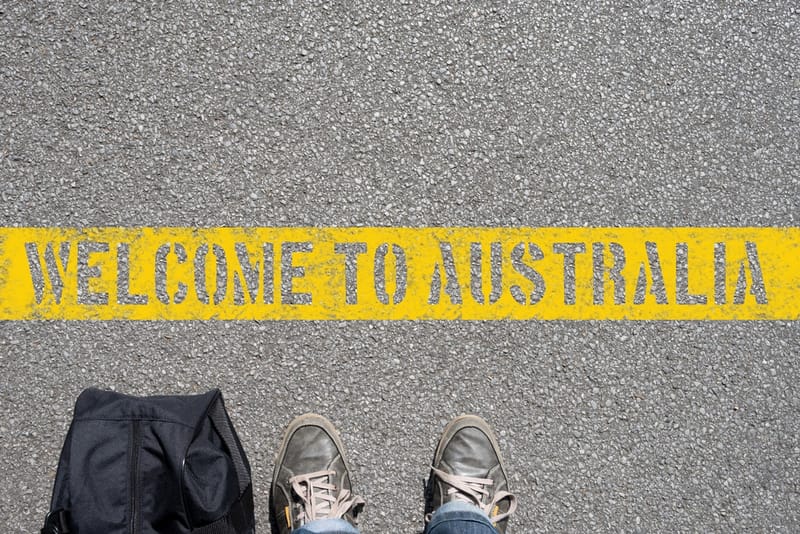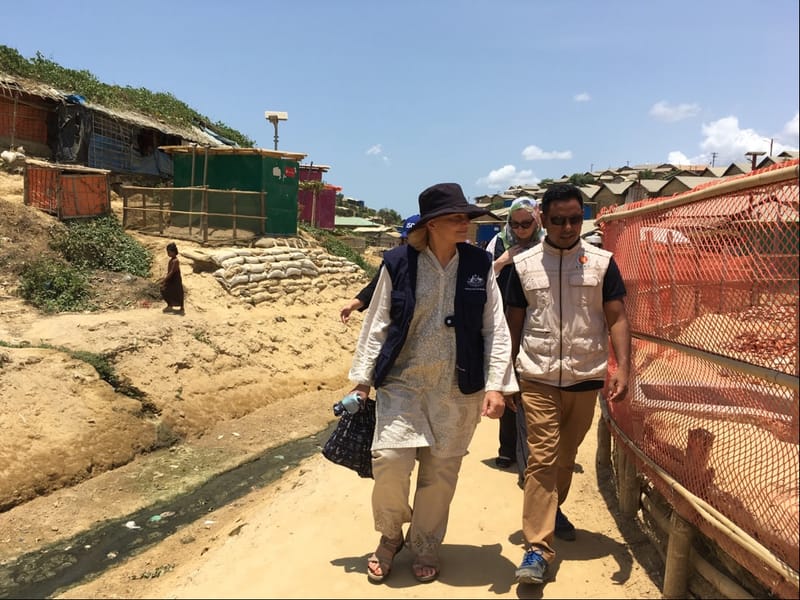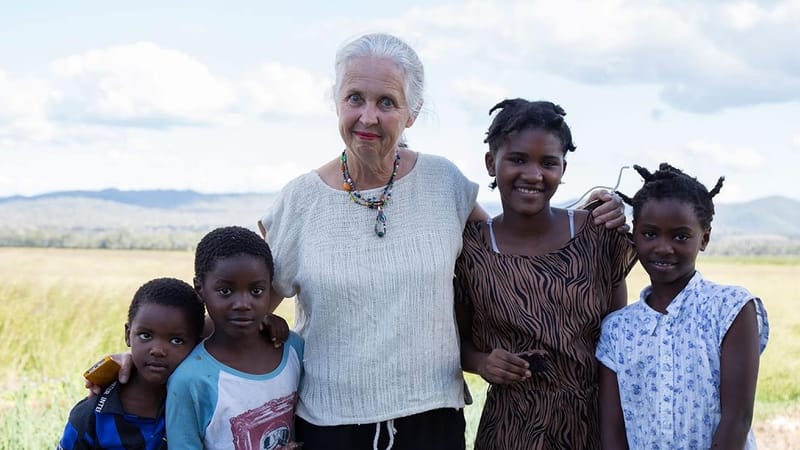
A lack of funding for women generally, and specifically to support women’s economic recovery, in Tuesday night’s federal budget raises significant concern, particularly for victims and survivors of family violence.
The budget does include $240 million over five years towards enhancing women’s financial security and contribution to paid work but, at best estimate, this accounts for 0.04% of the entire federal budget.
As Women’s Agenda has recently noted, this represents only 0.3% of the entire budget for 51% of the Australian population. This is despite the well-documented gendered effects of COVID-19 on employment rates, with more women having lost employment than men during the pandemic.
Read more: Federal budget 2020 overview: Zeroing in on the debt, deficits, and fiscal stimulus
The lack of investment in childcare, and a failure to offer financial supports to female-dominated workforces, many of which have been on the frontline of Australia’s response to the pandemic, will have long-term impacts on women’s participation in the workforce.
No new funding for domestic and family violence
The budget commits no new funding towards addressing the national emergency that is domestic and family violence in Australia, also disproportionately affecting women.
This omission is significant, and will set Australia back in its efforts to better respond to and prevent all forms of family and domestic violence.
Read more: Coronavirus: Fear of family violence spike as COVID-19 impact hits households
The failure to devote national funding to women’s and children’s safety is particularly alarming in the context of COVID-19. The pandemic has given new prominence to the social and economic impacts of family violence. The heightened risk of family violence for women and children across Australia have been well-documented, as have the additional barriers to seeking help.

The annual cost of violence against women and their children in Australia is estimated at $26 billion (at a minimum). Victims and survivors bear more than half of this cost.
In 2015-16, it was approximated that 10% ($2.1 billion) of the estimated costs of family violence to the Australian economy are attributable to a loss in productivity, and another 20% ($4.4 billion) to long-term financial insecurity or hardship of victim-survivors.
The financial impact of violence against women and their children during COVID-19 is not accounted for in the budget. We know that the financial and social costs have risen exponentially – and that is a cost that women bear.
A missed opportunity
This budget represents a missed opportunity by the federal government to recognise the importance of investing in domestic and family violence prevention and response.
Directing resources to domestic and family violence in the budget would have reflected a government commitment to ensuring women and children’s safety. It would have demonstrated that reducing the economic, social and health-related costs of family violence on the community remains a priority for government. Additional funding to secure women’s safety from violence would also have produced economic benefits through greater workforce participation.
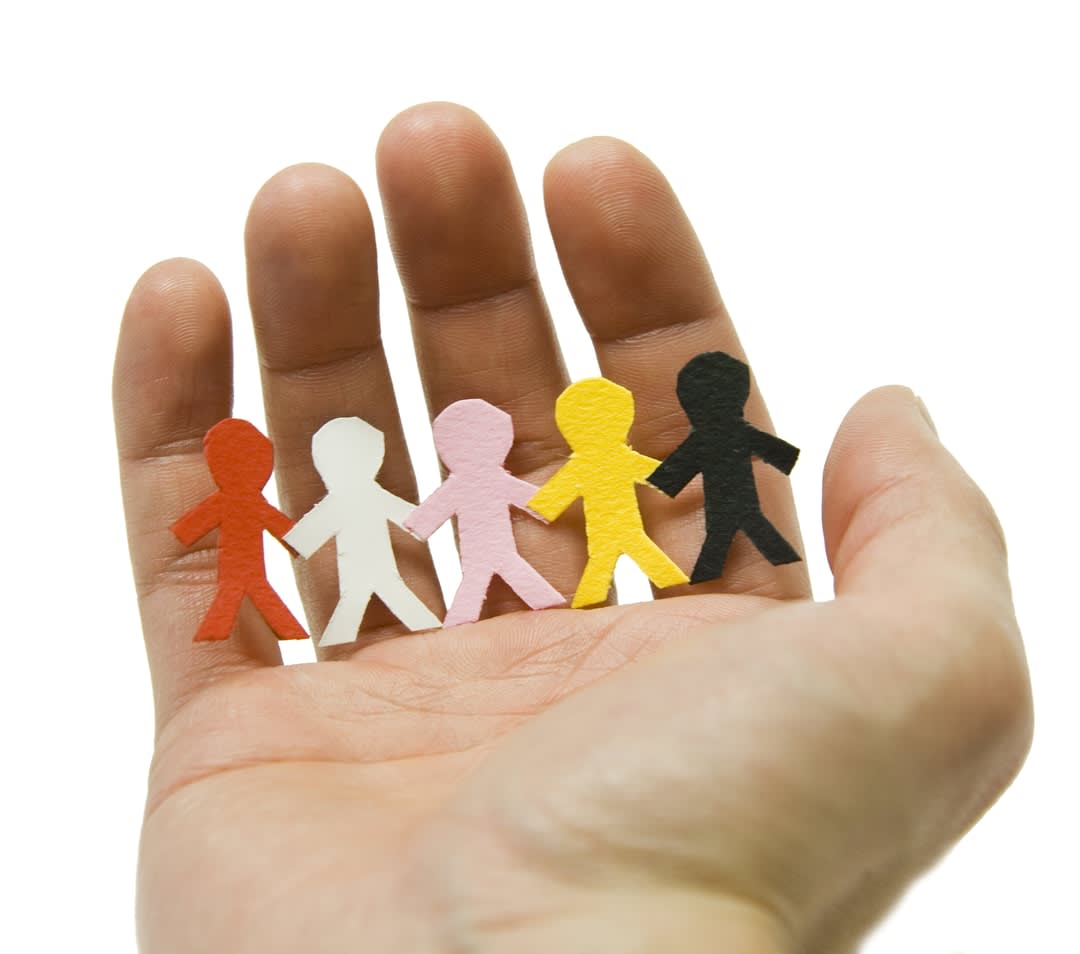
Research has consistently found that women who are financially independent are better-positioned to successfully and permanently leave an abusive partner. Economic security in turn increases the likelihood that women and children can recover from the otherwise lasting adverse effects of family violence on emotional and social wellbeing, and financial and housing stability.
The financial hardships experienced by victims/survivors are borne out in national statistics that consistently identify family violence as the leading cause of women and children’s homelessness. Yet the budget fails to commit additional funding to secure safe housing for victims/survivors. In particular, it fails to address this issue in regional, rural and remote settings where access to social support, crisis accommodation and social housing is disproportionately scarce.
In a year where federal and state governments have adopted a COVID-Safe strategy that emphasises "Stay home, stay safe" restrictions, it's alarming that no commitment has been made to recognise the increased demand on secure social housing for those experiencing family violence.
The Women’s Economic Security Statement (WESS), produced alongside the federal budget, is telling. It states there are five focus areas, including the need to respond to the diverse needs of women, and to support women to be safe at work and home.
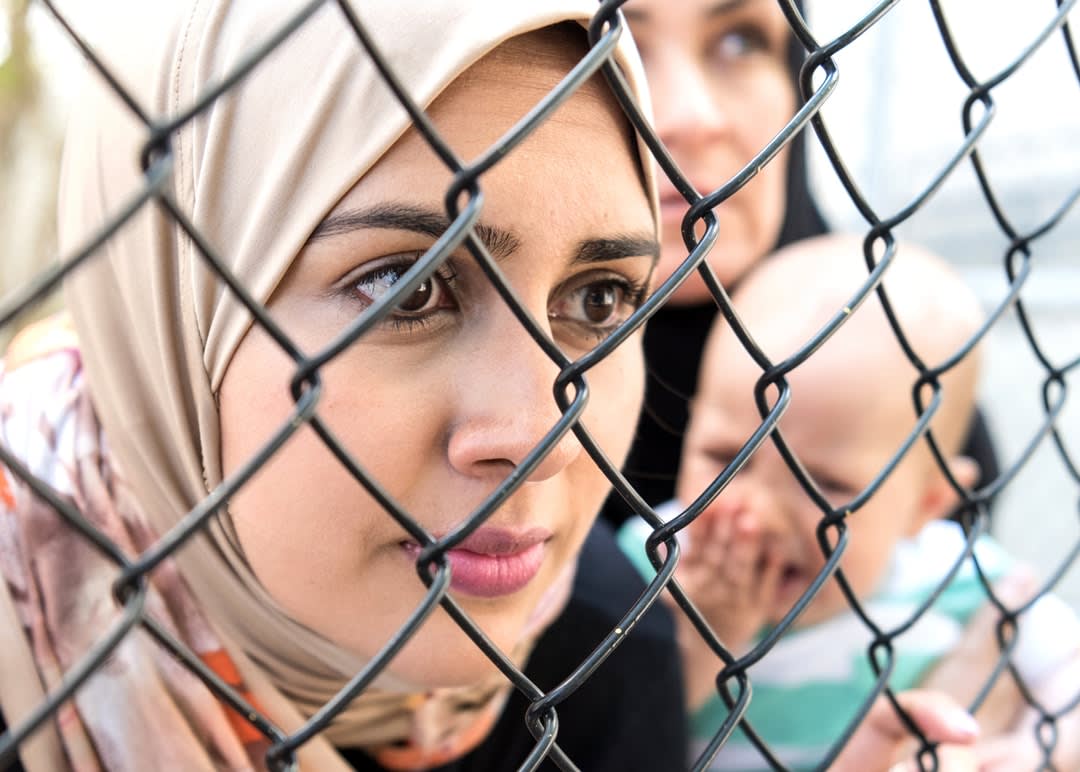
Critically, the WESS makes no mention of the budget line for Home Affairs. We know that temporary visa holders are disadvantaged by the migration system preventing and limiting access to support in the context of family violence, and that this has been compounded by COVID-19 and their exclusion from JobKeeper and JobSeeker.
What we see in the budget is the further exclusion of women via sponsor checks and language requirements. The potential damage of this is to continue to exclude many more women from support who are already married and/or have children with their abusive partner. Instead of making changes to ensure access to the full suite of financial, housing, medical and other support, these changes flag an effort to exclude women.
Read more COVID-19: Migrant visa holders and the pain of family separation in a time of coronavirus
This is another example in a budget that fails women and children, and signals that securing their safety from family violence is not a government priority.
Family violence affects one in six Australian women and children; its impacts and effects are intensified for First Nations women, women with disability, and those from refugee and migrant backgrounds by existing barriers to accessing support. The omission of all of these areas from budget cannot go unacknowledged.
The funding needed now
We call on the Australian government to release a supplementary funding commitment that secures women and children’s safety from violence. A commitment that ensures that services will be resourced to respond to all women’s requests for help and support, to provide safe housing, and to put women’s recovery and participation in the workforce as a priority.
Australia should be leading the world with a funding package that demonstrates that women’s participation in the workforce is valued, and that their unpaid work is recognised as crucial. We need national recognition that in the midst of a global health pandemic, a commitment to reducing gendered and structural inequalities is the most urgent priority for financial and social recovery.
Silke Meyer was the Deputy Director, Gender and Family Violence Prevention Centre, Associate Professor (Research), Criminology at Monash University at the time of writing this article.


